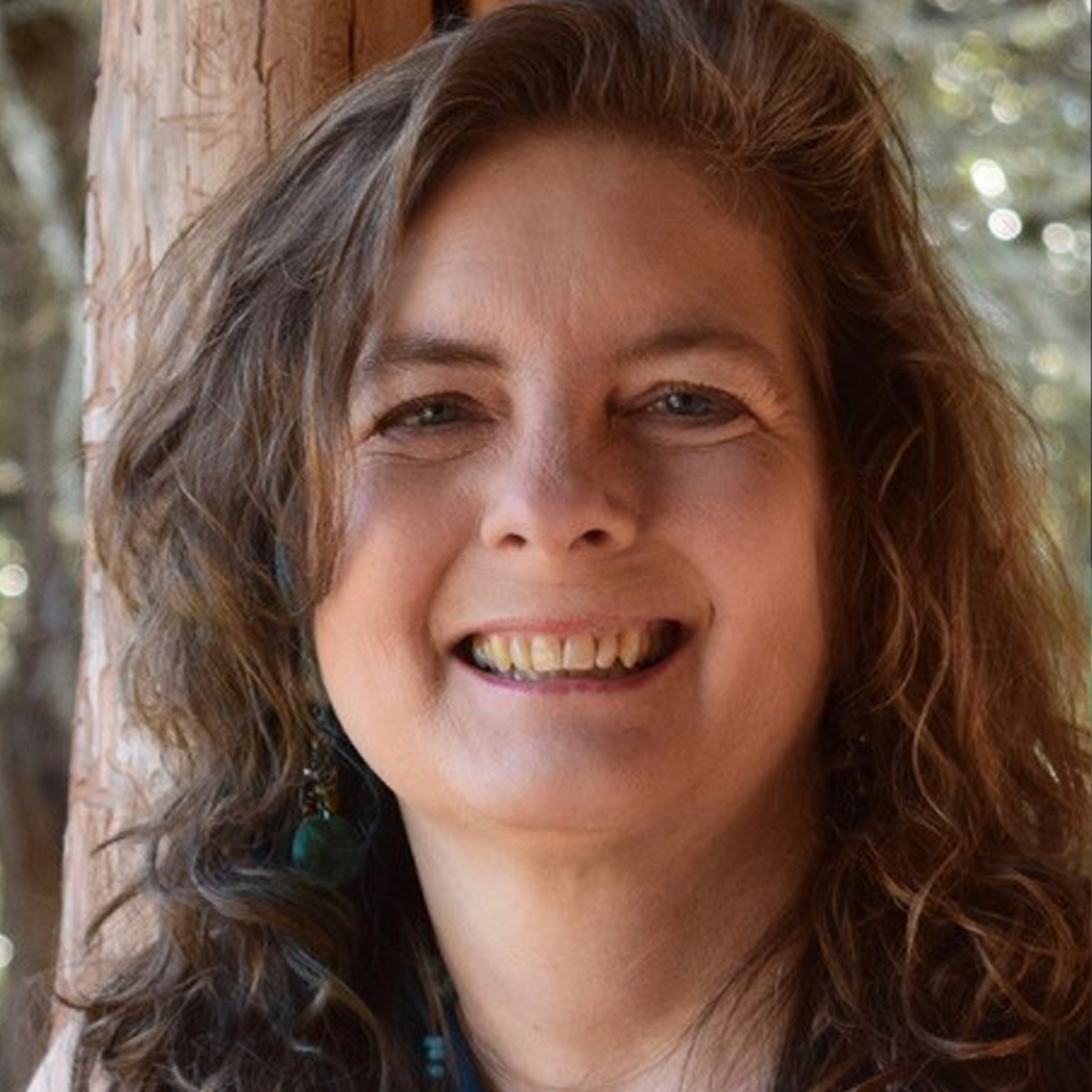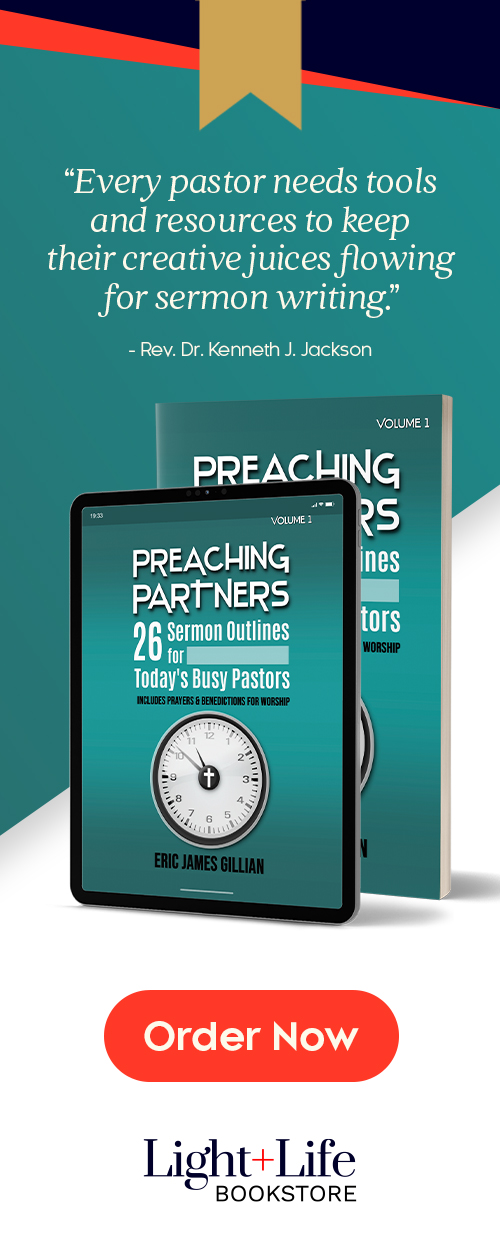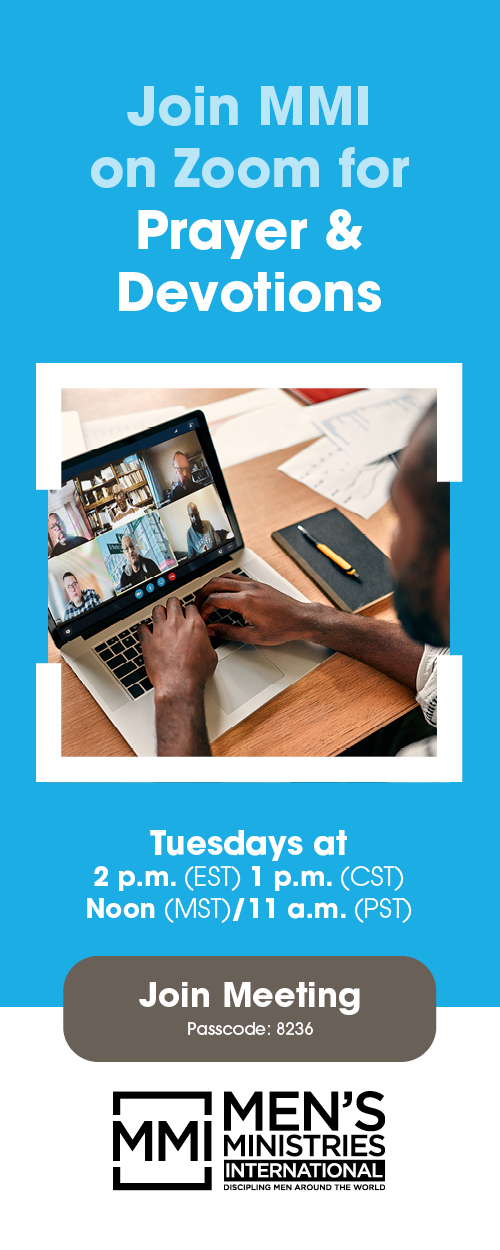
Jill Richardson
Jill Richardson, D.Min., pastors Real Hope Community Church in suburban Chicago. Her doctorate is in church leadership in a changing context, with a focus on the next generation and preaching. Her tagline is “Reframed: Picturing Faith With the Next Generation,” and her passion is to work with the next generation to create a healthy church for the 21st century. She is part of the steering team for Advocates for Women in Leadership, a group of women leaders in the Free Methodist Church USA. She also enjoys traveling, gardening, volunteering with World Relief, breaking out in random musical numbers, and a good cup of Earl Grey tea.
By Jill Richardson
During senior year of college, my dad sold our home. Due to his alcoholism after Mom died, Dad was often unemployed those years, and the debts climbed high. Selling and moving to a small apartment in the next town gave him some relief.
Suddenly, the only home I’d ever known disappeared, and I had nowhere to return during school breaks. His apartment felt alien. I was a visitor in another person’s room, in another town, with strange furnishings and unknown neighbors down a hallway with flimsy walls and doors. I didn’t return after graduation, finding a job near school and making a new home, one I knew was also transitory. Fourteen years later, I settled into a permanent address of my own, and I’ve never left it.
I have a good idea how the psalmist felt writing about securing his portion, having rarely had that security myself.
“You are my portion, Lord” (Psalm 119:57). “Portion” carries a weight of meaning.
Portion Is Security
When a family’s patriarch divided up his land and possessions, each son received his portion (the eldest a double portion) to live off of, care for family with, cultivate, improve, and keep well for his children. To be without a portion (perhaps an unmarried daughter or a widow with no sons) could be devastating. She had no security. No protection. No livelihood. No home.
One’s portion was one’s inheritance.
It’s why Mary and Martha were both grieving and terrified at their brother Lazarus’ tomb. No brother meant no financial support and no portion. It’s why the eldest son (Jesus) told John to care for His mother. It’s why the Shunamite widow begged Elisha for a miraculous resurrection of her son. No husband or son equaled no portion.
“You are my portion, Lord.” What is the writer saying? God is his security. He chooses to believe that whatever his fears for the future, God’s power to be his portion outdoes them. That’s why verse 58 flows naturally. “I have sought your face with all my heart; be gracious to me according to your promise.” He knows God so well from continually opening his heart in prayer that he has confidence in God’s grace. He knows God will meet future needs with lovingkindness, because he knows God’s character is gracious.
_
“God is our security for whatever comes.”
_
One of my favorite songs asks of God, “Let me grow familiar with the lines upon your face” (“I Confess,” Tenth Avenue North). If we’ve longed to be that close to God, “You are my portion” solidifies into confidence about our future. We don’t have to see what’s going to happen. We’ve seen God’s face. We know its lines. We trust its character. God is our security for whatever comes.
Portion Is Belonging
“You are my portion, Lord.” A share of land mattered immensely in Israel, both physically for livelihood and symbolically for belonging. To have a portion put one in a community. It cemented bonds of kin and clan. It ensured people knew who and whose you were in a network of connection. It was so important God commanded people to return it to its original family every fifty years!
God is the psalmist’s place to belong. God not only is our community; He also gives a new community filled with connections. Verse 63 promises, “I am a friend to all who fear you, to all who follow your precepts.” The writer establishes a new family, a prioritized family, of others who make belief a verb. His new belonging puts him in another community — one that lays down its life for one another.
Jesus offered the same definition of family. “‘Who is my mother, and who are my brothers?’ Pointing to his disciples, he said, ‘Here are my mother and my brothers. For whoever does the will of my Father in heaven is my brother and sister and mother’” (Matthew 12:48–50).
_
“God is our belonging, one of the deepest needs of all human beings.”
_
In a Netflix documentary on the teen brain, several of the kids interviewed explained their biggest fear: “Our biggest fear isn’t anything you think. It’s that we won’t ever stop feeling like we don’t belong.” God is our place to belong when other places don’t fit anymore or when we can’t find ourselves, let alone others who think we belong. Turning to know God as fully as we can fills those empty spaces because no one knows us as fully. God is our belonging, one of the deepest needs of all human beings, not just teens.
Portion Is Inheritance
“You are my portion, Lord.” God is his share in life, and if that is all he ever inherits, that’s enough. Verse 62 promises, “At midnight I rise to give you thanks for your righteous laws.” I have to admit, I make no such promises. At midnight, I want to sleep. Gratitude, though, is the writer’s response to this intense contentment that God is all he requires. If one can’t sleep, prayers of thankfulness seem like a good antidote to restlessness.
I remember my own crisis of faith at 19. I’d lost my mom, functionally my dad, and the dominoes that summer of a friend’s suicide, a deadly car accident, and another friend losing her dad badly rocked a faith that was barely two years old. I clearly saw two paths in front of me — walk away from a God who could do this to me, or cling on for dear life. That’s the day I said to God, “If you’re all I’ve got, you’re enough.” You’re my portion, Lord, my share in this life. My inheritance. I choose to be grateful for that, even in sleepless midnights — especially in sleepless midnights.
Portion Is Home
“You are my portion, Lord.” One’s portion was, ultimately, one’s home. It was the land where you put your head down at night and where you walked into the sunshine to work in the morning. For the psalmist, God is home.
That’s why The Message relates verses 59-60 this way: “When I took a long, careful look at your ways, I got my feet back on the trail you blazed. I was up at once, didn’t drag my feet, was quick to follow your orders.”
_
“We don’t want to miss the amazing things ahead.”
_
When we visited the Galapagos last year, the guide repeated daily his admonition that we must never leave the trail. The terrain and wildlife were too fragile. Moving off trail could harm them, and it would get us kicked off the island, unable to enjoy the stunning views around us. I did not want to miss one moment of that place, so I kept my feet on that trail.
The psalmist recognizes when he has veered from the trail. He was no longer home. It felt foreign. Uncomfortable. It felt like my dad’s apartment. He wants to be on God’s trail, so he takes a good look to see where he got off track.
If God is our home, we become uncomfortable in a place we know isn’t home. We should start to backtrack, take a long careful look, and not be afraid of searing self-examination to find out what poor choices we made. As quickly as we recognize being lost, the smart thing to do is find the trail again. We don’t want to miss the amazing things ahead.
Maybe I’m fortunate that I realized young God had to be my only stable home. We run home to find memories, peace, comfort, and love. Some people never find that in their home of origin. Along with the psalmist, they must and can look to God as their home where all that and much more are promised. That home can’t be sold out from under them, moved away, or threatened by abuse, alcohol, death, “nor anything else in all creation,” because none of those things “will be able to separate us from the love of God that is in Christ Jesus our Lord” (Romans 8:39).
God is our portion. For a small word, it holds a lot.+

Jill Richardson
Jill Richardson, D.Min., pastors Real Hope Community Church in suburban Chicago. Her doctorate is in church leadership in a changing context, with a focus on the next generation and preaching. Her tagline is “Reframed: Picturing Faith With the Next Generation,” and her passion is to work with the next generation to create a healthy church for the 21st century. She is part of the steering team for Advocates for Women in Leadership, a group of women leaders in the Free Methodist Church USA. She also enjoys traveling, gardening, volunteering with World Relief, breaking out in random musical numbers, and a good cup of Earl Grey tea.









